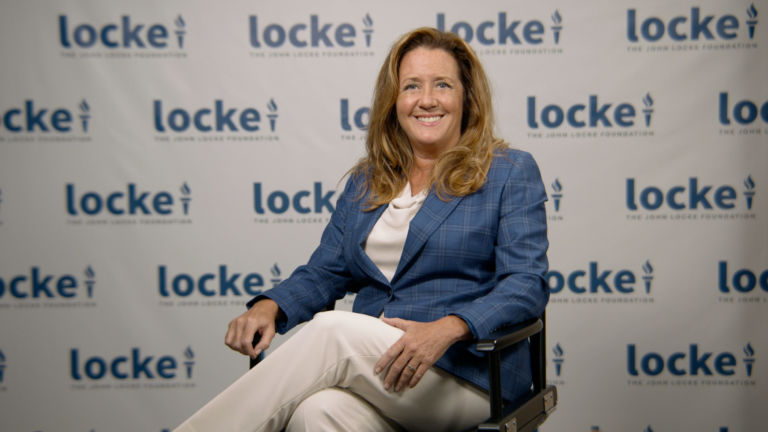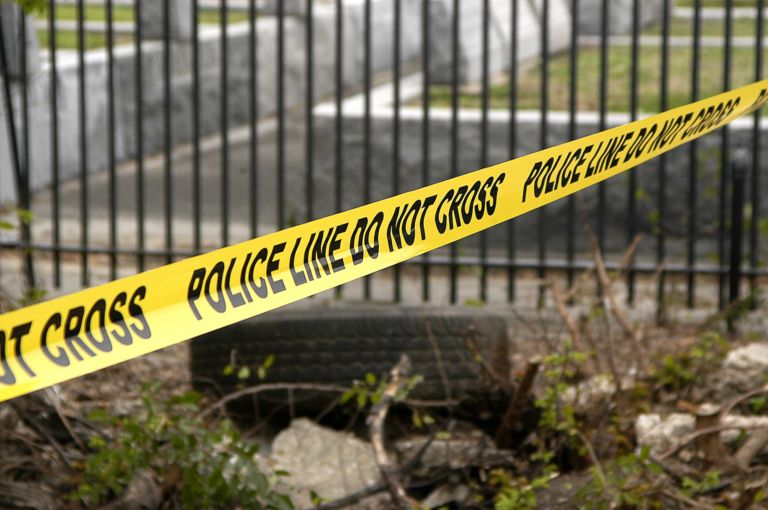Charles Fain Lehman writes at the Washington Free Beacon about a new proposal for reining in rogue prosecutors.
Across the country, well-funded progressives are snapping up local public prosecutor jobs and using them to exercise dramatic power over the criminal justice system. A recent report offers a way to hold some of these little-attended candidates accountable: turn up the turnout in their races by aligning them with national elections.
“Progressive prosecutors” like Philadelphia’s Larry Krasner and San Francisco’s Chesa Boudin have swept to power thanks in part to generous funding, particularly from liberal billionaire George Soros. But they’ve also benefited from running in little-scrutinized local elections, which are relatively cheap and suffer from dramatically low turnout because they do not happen at the same time as national elections.
Take Krasner’s recent victory over primary challenger Carlos Vega, who positioned himself as the moderate alternative to a crusading D.A. who has curtailed cash bail, diverted gun offenders, declined to seek the death penalty, and aggressively targeted alleged police misconduct. Krasner’s win was portrayed as a successful referendum for the “criminal justice reform” movement and Krasner’s reforms specifically. …
… The key insight of the progressive prosecutor movement is that prosecutorial discretion gives local D.A.s enormous power over who does or does not go to jail, letting progressives sidestep the legislative process to implement decarceral policies. Yet these tremendously powerful offices are, in many jurisdictions, elected by a tiny minority of voters, meaning that the radical reforms they support may not have the backing of an (apathetic) electorate.
To subject progressive prosecutors to real public accountability, then, they need to face a larger share of the electorate. There’s a simple way to do that, Boston College’s Michael Hartney shows in a new Manhattan Institute paper. Elections like Krasner’s are held “off-cycle,” i.e., out of sync with national elections every other November; moving them on-cycle would dramatically increase turnout.


